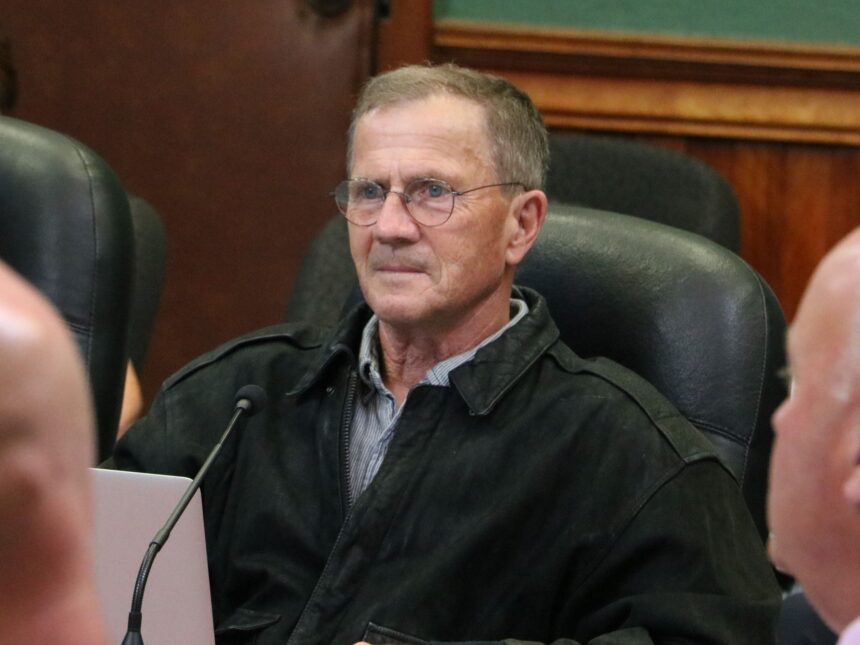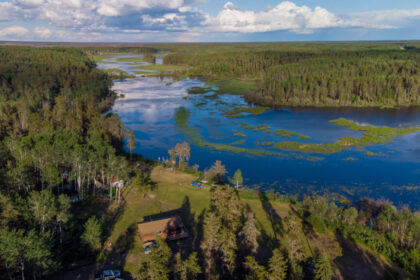Article content“IRAC, within itself, doesn’t have the capacity to do these investigations. They have got to seek expertise from outside their organization. Under a Public Inquiries Act, you are given the freedom to establish the terms of reference that you need to establish,” Allen said.Article contentAllen noted that the Carver Commission, a 2013 investigation that investigated the Lands Protection Act, was completed as a public inquiry.Article contentUnder the Lands Protection Act, non-residents must apply to IRAC to purchase more than five acres of land. IRAC then makes a recommendation, which cannot be seen by the public, about this application to cabinet, which ultimately approves or denies these applications.Article content Boyd Allen, a member of the Coalition for the Protection of P.E.I. Lands, says the Island Regulatory and Appeals Commission should be removed from its roles related to the Lands Protection Act. Photo by Stu Neatby /The GuardianArticle contentAllen said he felt this process should continue but suggested a “stand-alone commission” should make the recommendations to cabinet.Article content“It can and it should take place with a stand-alone commission that is structured in a manner that allows some element of transparency, some public oversight and some accountability,” Allen said.Article contentArticle contentIRAC currently has a regulatory role for electricity rates, landlord-tenant disputes and oil and gas pricing, as well as its role administering the Lands Protection Act.Article contentThe commission declined comment when asked by The Guardian about the statements made by the coalitionArticle contentLegal standingArticle contentAllen said the current investigation into the Buddhist groups should specifically consider the beneficial owners of land.Article contentAllen said he was also not aware of any consultations taking place in the community related to the current IRAC investigation into Buddhist landholdings. He also said it’s not clear if community members even have legal standing to bring forward evidence.Article content“If an individual or an organization is willing to bring forward evidence of any wrongdoing in this kind of situation, they have to be assured that they are protected, in so doing,” Allen said.Article contentArticle content“And that, up to now, has never been offered.”Article contentAllen said the province is at the risk of losing half of its agricultural land by 2050.Article contentThe group also recommended a moratorium be put in place on developments in unincorporated lands until interim actions recommended in the province’s 2021 Land Matters report are implemented.Article contentArticle contentStay informed: Don’t miss the news you need to know. Sign up for our newsletter today.Article contentArticle contentStu Neatby is a political reporter for The Guardian in Prince Edward Island. He can be reached at sneatby@postmedia.com and followed on X @stu_neatby.Article content
Time to remove IRAC from land protection role, says P.E.I. coalition











